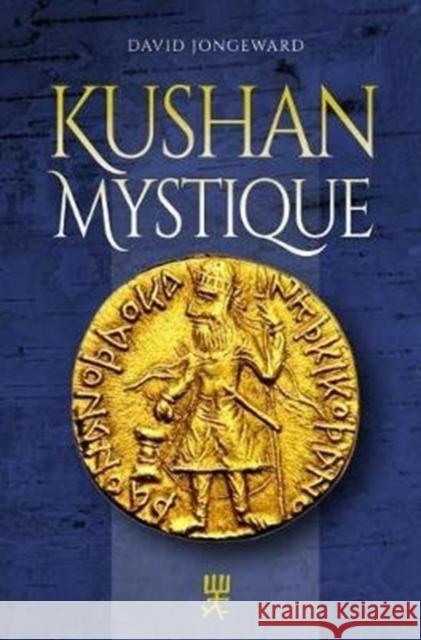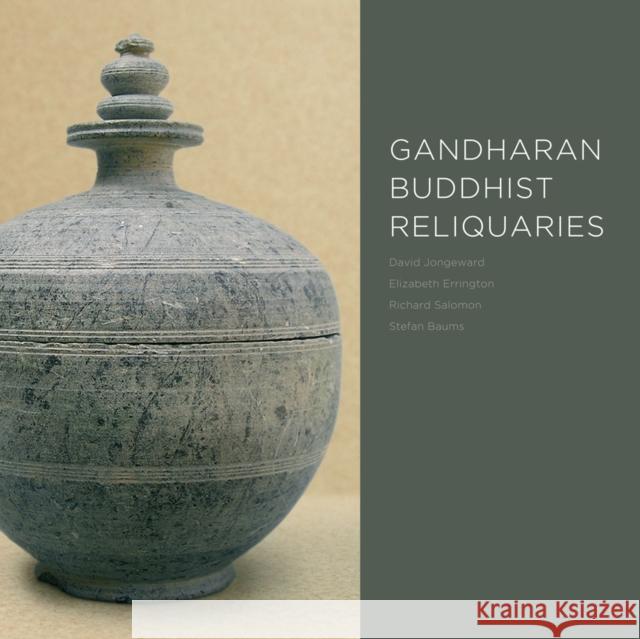Wyniki wyszukiwania:
wyszukanych pozycji: 2
 |
Kushan Mystique
ISBN: 9781912667468 / Angielski / Twarda / 2020 / 264 str. Termin realizacji zamówienia: ok. 22 dni roboczych. |
cena:
146,34 |
 |
Gandharan Buddhist Reliquaries
ISBN: 9780295992365 / Angielski / Twarda / 2012 / 320 str. Termin realizacji zamówienia: ok. 30 dni roboczych. Gandhara, the ancient name for the region around modern Peshawar in northern Pakistan, was of pivotal importance in the production of Buddhist texts and art in the first centuries CE. Since the mid-nineteenth century, excavations of Gandharan monastery sites have revolutionized the study of early Buddhism. Among the treasures unearthed are hundreds of reliquaries--containers housing relics of the Buddha. This volume combines art history, Buddhist history, ancient Indian history, archaeology, epigraphy, linguistics, and numismatics to clarify the significance and function of these... Gandhara, the ancient name for the region around modern Peshawar in northern Pakistan, was of pivotal importance in the production of Buddhist text... |
cena:
379,70 |










